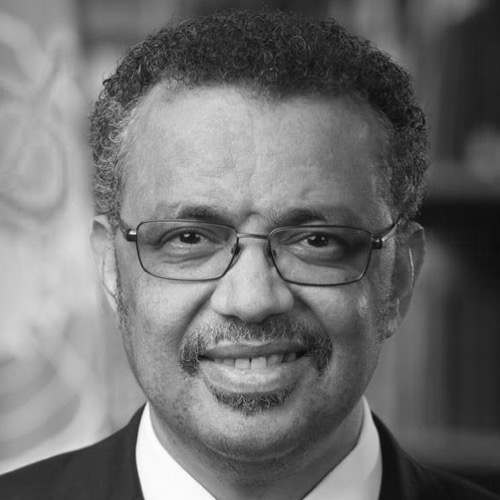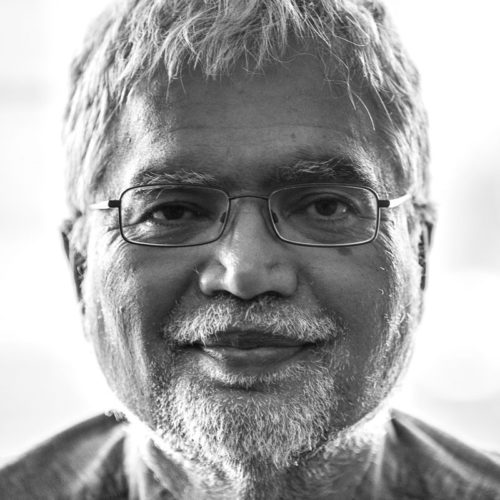According to the United Nations, food security is achieved when “all people, at all times, have physical, social, and economic access to sufficient, safe, and nutritious food that meets their food preferences and dietary needs for an active and healthy life.” Global food security concerns continue to grow as countries around the world face increasing scarcity of resources along with challenges such as population growth, climate change, rising food prices, and geopolitical conflict. The disruptive combination of these factors is threatening the lives of millions, triggering mass migration as people seek safety and security. These migration flows, which cannot be managed without cooperation and dialogue, have led to further political, economic, and social conflicts. The recent deal to facilitate the shipment of Ukrainian grain, mediating through Türkiye’s proactive diplomatic efforts, has highlighted the urgent need for a coordinated global response to food crises and the importance of collective action. This session will address the current challenges facing global food security and their implications for future crises.
Discussion Themes
What are the main challenges in combatting food insecurity?
How can we ensure food security for the most vulnerable regions struggling with economic crises and geopolitical conflicts?
What are the negative effects of the Ukraine war on food security and the global response towards it?
What is the role of diplomacy in dealing with threats against global food security?
What can be done by the global community to create a more resilient and sustainable food system? What role can and do multilateral organisations play in this regard?
With the prolongation of the Ukraine crisis, concerns over energy security have been incorporated into food security issues due to associated shortages in agriculture and production, highlighting the global implications of compound crises. What lessons should the global community take from the recent war in Ukraine in terms of crisis management?
How are national agricultural policies impacting the current food crisis, both positively and negatively?
What is the role of advanced technology in terms of developing more robust food securityrelated policies?



